Why I grow them?
- Taste. Duh. Fresh grilled squash & zucchini is a summertime delight.
- Easy to grow. Some of my most productive vegetables every year.
- Double Time. I can get 2 rounds of squash/zucchini in a growing season before the first frost. 50 Days from plant to fruit.
- Heat Lovers. Broad leaves soak up that brutal southern sun.
- Great for cooking. ALOT of ways to prepare a harvest.
- An extremely large amount of varieties to choose from. I just K.I.S.S. it. (Keep it simple stupid) Yellow Summer & Zucchini.
- I relish it. Relish uses up the majority of my squash & zucchini harvest.
- Squash and Zucchini fruit is not the only thing edible from the plant. The flower blossoms that each plant produces to attract pollinators, can be harvest and are edible.

Summer Squash
- Perfect name because you harvest these babies in the summer before they fully mature. Perfect for casseroles, frying, really any cooking purpose.
- I do two types of yellow summer squash; Straighneck & Crookneck.
- I like traditional vegetables in my garden, and the crookneck variety has been around since pre-Columbus days.
- The bigger summer squash grow, the tougher more bitter their skins become. Those huge county fair squashes are impressive to look at, but that’s about it. But if hey, if that’s what you’re going for, grow on!
Zucchini
- I usually grow the Black Beauty variety of Zucchini. Typically the variety you think of when someone says “Zucchini”
- It always grows strong and produces a load of produce every year.
- Harvest young. However, there is always one or two that hide until they are freakishly enormous.
- Gigantic zucchini are not as tender as their younger versions (like us all) but can be processed into other things.
- Zucchini Noodles (If you have a Zoodler), Zucchini bread, Stuffed Zucchini boats, etc…
- I process mine into a relish, so the larger the zucchini, the more relish I get.

Seeds or Plants? Pros & Cons
- Seeds are most cost-effective if you grow an abundance of plants. They germinate and grow well.
- A squash fruit from a seed adds another level of satisfaction to the garden experience
- Seeds, however, need more care and attention at the start. Bugs love a newly sprouted squash plant.
- Plants = time. Buying already established plants saves you time.
- A starter plant helps avoid potential problems.
Soil
- Squash and Zucchini are heavy feeders. They require lots of organic matter & compost in the soil. Recommend testing your soil with a test kit if you’re unsure.
- Squash plants need to be watered deeply. I bury PVC pipes in between my rows to get the water more efficiently to the root system. A soaker hose or drip irrigation system would work too.
- Mulch. It protects shallow roots and helps retain moisture. This is clutch during those early hot summer days. Plus I think mulch adds a cleaner finished look to a garden bed.
Spacing
- Squash & Zucchini need 6+ hours of sunlight and room to spread.
- Plants need to be space 2 -3 feet apart. Don’t overcrowd. Overcrowding leads to Powdery Mildew in Zucchini plants.

- Plant seeds in a small dirt mound. The soil is warmer off the ground which leads to faster germination. I take a mixing bowl, fill with moist soil, then flip it upside down. Forms a perfect mound for growing squash seeds.
- If space is an issue for your squash plants, I find an upside-down wire tomato trellis works well for keeping squash plants “contained”. Another benefit is that it keeps the fruit up off the ground for longer deterring bugs and rot. I find it It also makes harvesting the fruit easier.

Water Deep
- Good watering practices lead to the most productive fruit. Water most diligently after the first fruits have formed.
- Water Deeeep. 1” of water per week. Soil needs to be wet at least 4” below the surface. Drip irrigation system and soaker hoses work great for this.
- I bury PVC tubes in between my plants for a more direct watering style. They allow more water to the root system faster without worrying about evaporation from the sun.

Fertilizer
- I use Neptune’s Harvest at the beginning of all my planting stages, to give my plants a boost. It works very well with squash and zucchini.
Pests
- Squash Bugs. These are my biggest issue. They over-winter in the fall leaves and then lay their eggs on the underside of squash leaves. They suck the sap from leaves and cause yellow/brown brittle spots. This is killer on smaller plants.
- Squash vine borer. They hatch and bore into the stems of your fruit to feed, essentially killing the plant. Nothing like cutting a squash open to find a worm inside.
- Prevention is the key to all.
- Pickoff egg masses and use an organic insecticide. Chances are if you seem a vine borer or adult squash beetle, it’s probably too late. Sorry.
- Burn old squash vines during the winter
- Crop Rotation & Companion planting help prevent pest as well. Research what plants deter certain bugs.
- Neem Oil & Diatomaceous earth. This combo works great. I spray the Neem Oil on the leaves, then dust them with the DA. They’re both organic and don’t affect the flavor. Neem Oil does stink but a small jug goes far, depending on your garden setup. I get both of mine here.

Adam’s Garden of Eatin’ is a participant in the Amazon Services LLC Associates Program, an affiliate advertising program designed to provide a means for sites to earn advertising fees by advertising and linking to Amazon.com


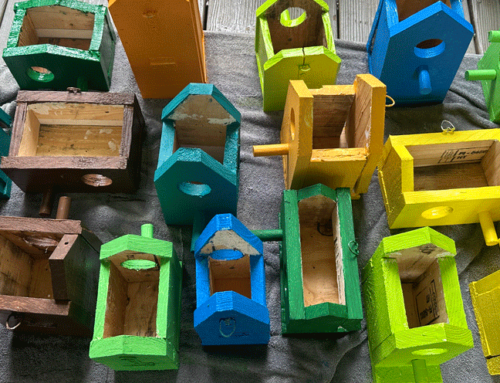
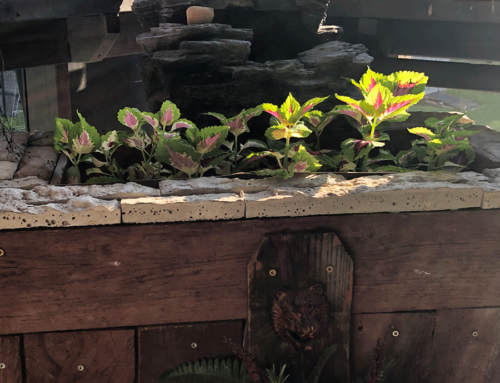
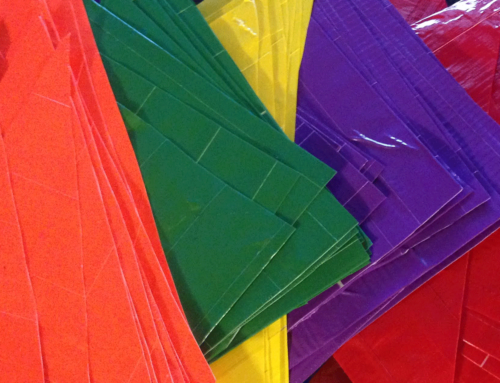
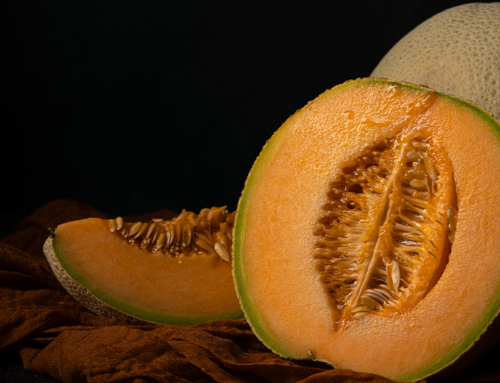
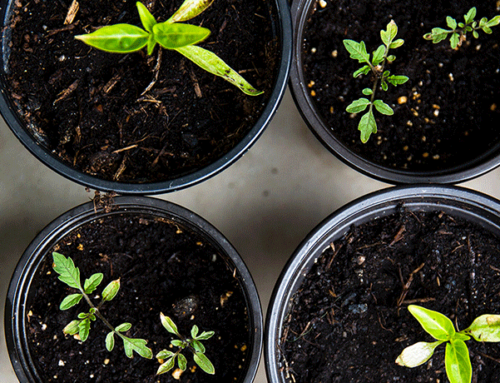
Leave A Comment